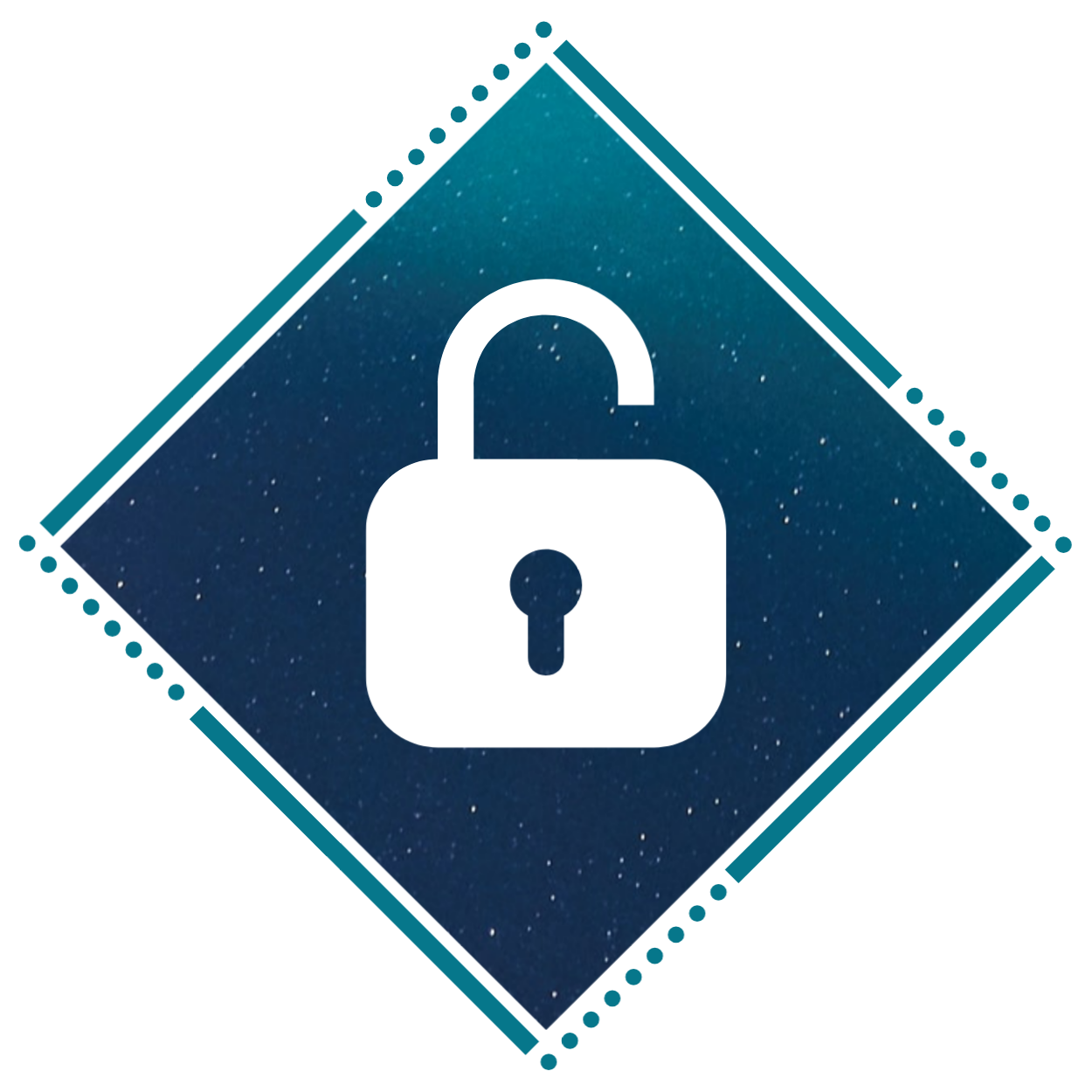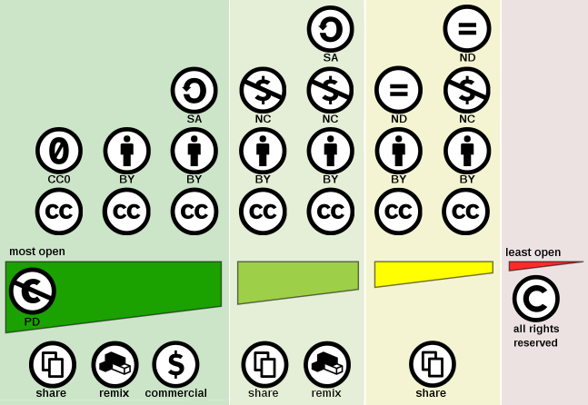What are Open Educational Resources (OERs)?
Just because a resource is available online does not make it an open educational resource (OER). Knowing what OERs are and how they work can help us navigate online resources to find ones that we can legally use, modify, and share.
What are OERs?
When we apply the core principles of open education to resources used for teaching, we get open educational resources.
OER are teaching, learning and research materials in any medium that reside in the public domain [or] have been released under an open license that permits access, use, repurposing, reuse and redistribution by others with no or limited restrictions.
From Atkins, Brown & Hammond (2007). A Review of the Open Educational Resources (OER) Movement: Achievements, Challenges, and New Opportunities. Published with a CC-BY 3.0 license.
Further Reading
Further Training
If you’re looking to deepen your understanding of open educational resources, below are some professional development opportunities.
Support at KPU
KPU Open is available to answer any questions you have about open, to provide training and resources, and to consult on how you can incorporate open practices.


